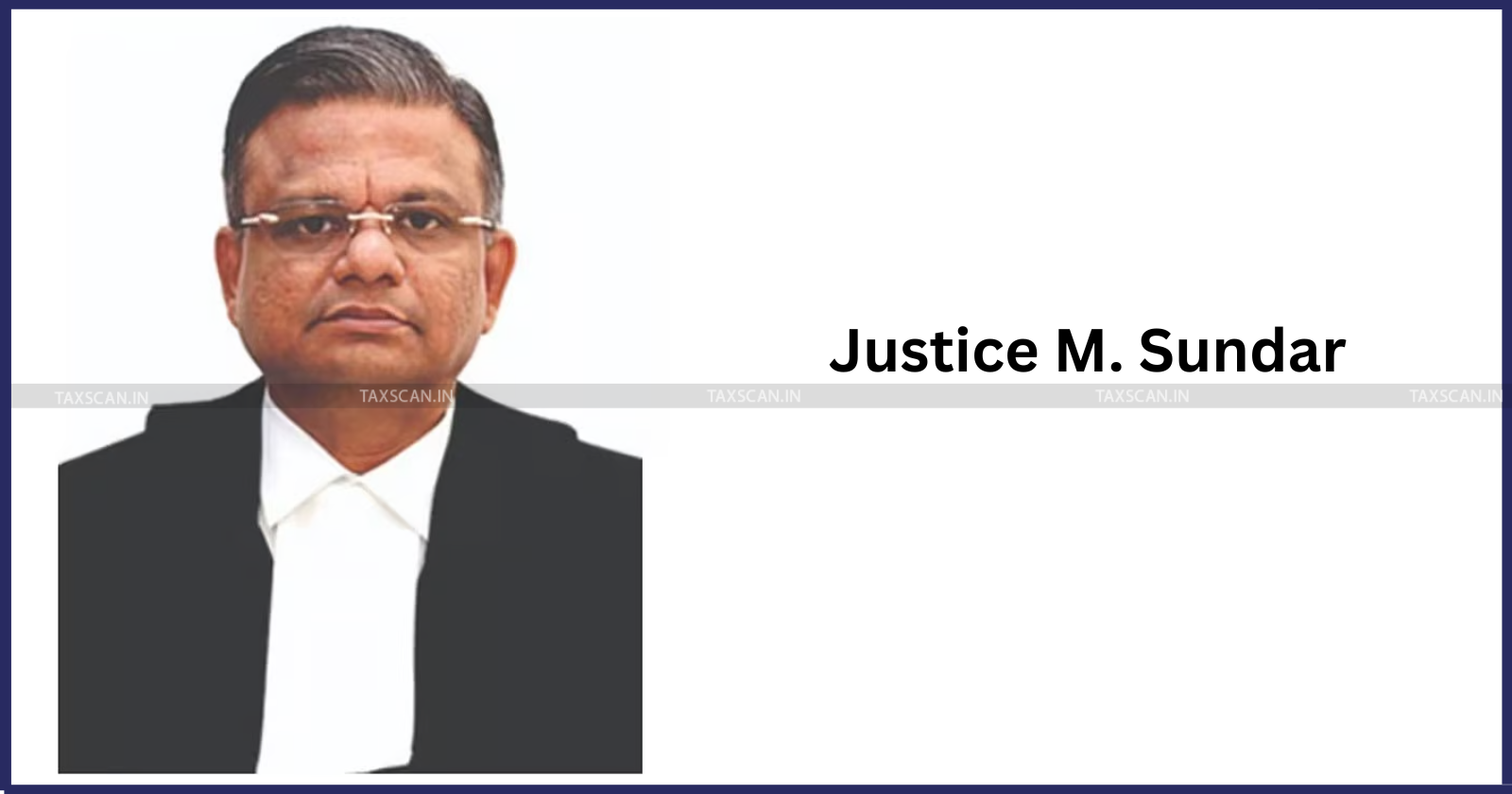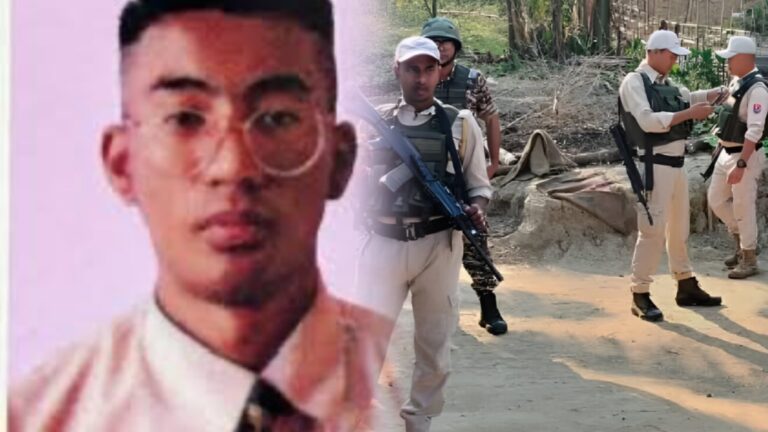Justice M. Sundar Appointed Chief Justice of the Manipur High Court
The Central Government has appointed Justice M. Sundar, currently a judge of the Madras High Court, as the next Chief Justice of the Manipur High Court. The Supreme Court Collegium recommended his elevation on September 11, 2025, and the Union Ministry of Law & Justice issued the formal appointment on September 13, 2025; Justice Sundar is set to take charge after the retirement of incumbent Chief Justice Kempaiah Somashekar on September 14, 2025.
The formal process — how judges are chosen (simple explanation)
- Recommendation by the Supreme Court Collegium. The collegium of senior Supreme Court judges reviews names and recommends candidates for elevation. For this appointment, the collegium passed a resolution on September 11, 2025 recommending Justice Sundar for Manipur.
- Central government clearance. The law ministry processes the collegium’s recommendation and the President signs the formal order of appointment once any required consultations are complete. The Department of Justice published the official order on September 13, 2025.
- Oath & assumption of charge. The incoming Chief Justice officially assumes office after the incumbent demits (here, following the retirement of Chief Justice Kempaiah Somashekar on September 14, 2025). The Law Minister also publicly announced the appointment on social media.
FAQs
Q1: When will Justice M. Sundar officially become Chief Justice of the Manipur High Court?
A1: The Department of Justice published the appointment order on 13 September 2025; Justice Sundar is set to assume charge after the incumbent Chief Justice Kempaiah Somashekar retires on 14 September 2025.
Q2: Who recommended Justice Sundar’s name for elevation?
A2: The Supreme Court Collegium recommended Justice M. Sundar on 11 September 2025, and the Central government approved the recommendation thereafter
Q3: What was Justice Sundar’s legal background before becoming a judge?
A3: Born in Chennai on 19 July 1966, Justice Sundar graduated from Madras Law College, enrolled as an advocate in 1989, practised mainly at the Madras High Court (primarily civil matters), served as Standing Counsel for TWAD Board (2003–2006), and was elevated as a permanent judge of the Madras High Court on 5 October 2016.
Q4: What are the practical things a Chief Justice can do to reduce case backlog?
A4: Effective moves include roster redesign (subject-specific benches), fast-track days for particular categories (e.g., family or service matters), strengthening legal services (mediation, para-legal clinics), expanding e-court facilities for remote litigants, and publishing performance dashboards to ensure accountability.
Q5: How can citizens and lawyers engage constructively with the new Chief Justice?
A5: Bar associations and civil society should request early meetings to present priorities (e.g., pendency hotspots), suggest pilot projects (mediation, video-hearing hubs), and offer collaboration on awareness campaigns. Transparency and regular public updates from the High Court will help maintain trust.



